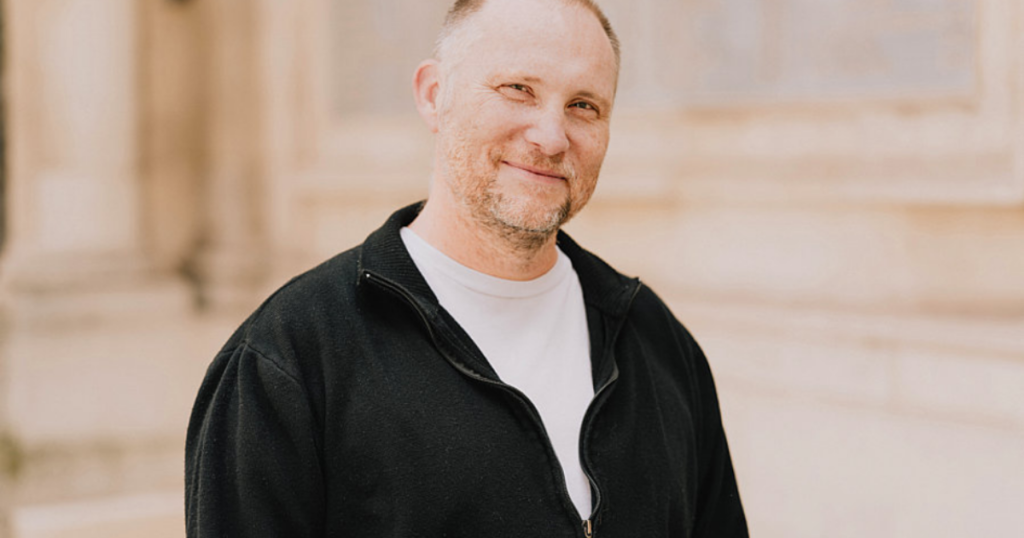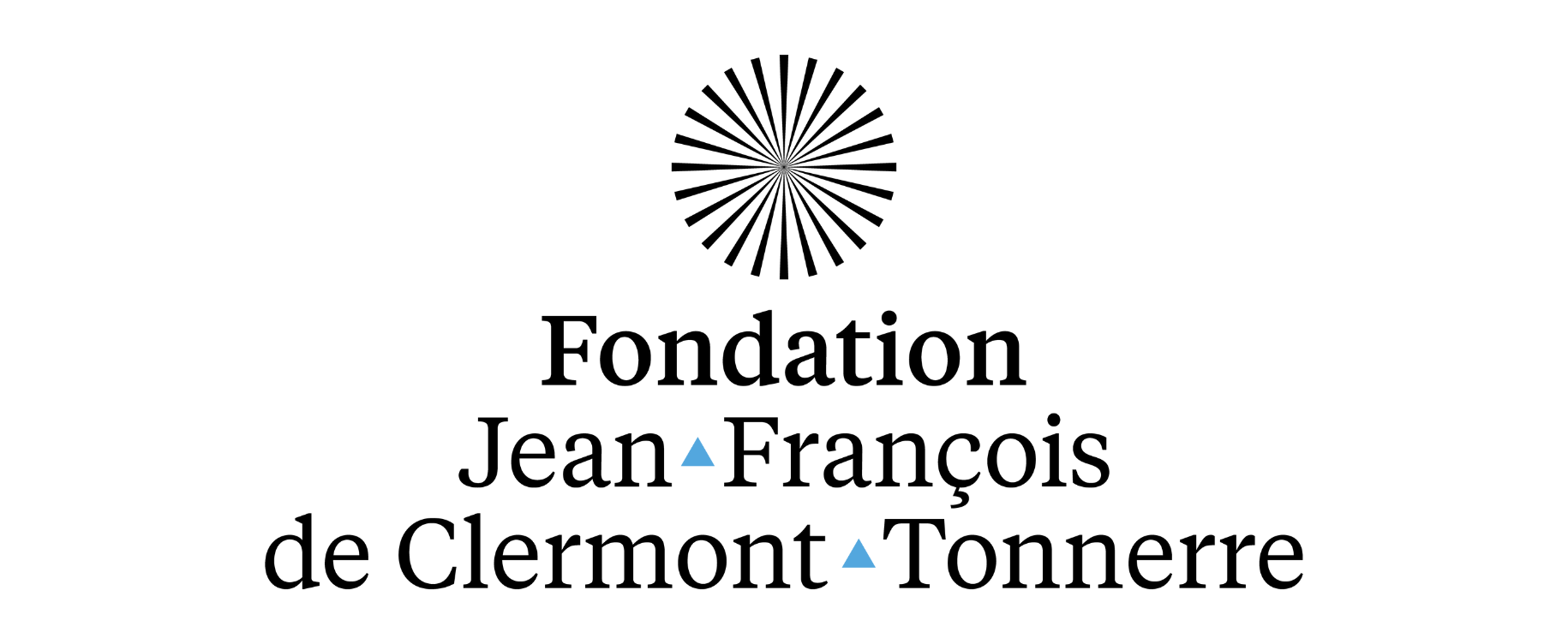Franck Courchamp at Collège de France

On March 27, 2025, Franck Courchamp at the Collège de France will explore how species spread and reshape ecosystems.
Rivers change course, forests burn and regenerate, and wildlife is constantly on the move… Some in search of new habitats, others carried across the world by ships and planes. Every shift triggers a ripple effect. An unfamiliar species arrives and outcompetes native life. A vanished predator leaves its prey to multiply unchecked. Some organisms flourish, while others struggle to survive.
Truth is, nothing in nature happens on its own.
And that’s exactly what Mr Courchamp studies. He looks at how species spread, why some take over, and what that means for the world around them.
His research helps conservationists and policymakers figure out what’s coming next—so they can step in before things get out of control. Groups like IPBES and the GIEC count on his work to make sense of biodiversity loss and, hopefully, slow it down.
And here’s the cool part—on March 27, 2025, he is giving a talk at the Collège de France. It’s free, and anyone can go. So if that sounds interesting to you, read further.
Bringing Science to the Public: The Collège de France Chairs
At the Jean-François de Clermont-Tonnerre Foundation, we believe everyone should have access to this knowledge. Science should be approachable for anyone curious about the world around them.
And that’s why, since 2020, we’ve supported the Annual Chair in Biodiversity and Ecosystems at the Collège de France. Thanks to them, each year, a scientist takes the stage to share their work, always free and open to all.
This year, Franck Courchamp will be that scientist. His inaugural lesson (led in french), “Complexité, paradoxes et holisme,” will explore the many ways nature reacts to change. Why do some species take over while others disappear? How do small shifts trigger big consequences? Understanding these patterns helps scientists and conservationists protect ecosystems before it’s too late.
But that’s only the beginning! Starting May 5, 2025, Courchamp will also lead a full course, “Les Invasions Biologiques,” along with the seminar series, “Science des Invasions.” These sessions will take a deeper dive into how species spread, and disrupt ecosystems (and what we can do about it).
Why It Matters?
The food on your plate, the air you breathe, the water you drink… It’s biodiversity that keeps these systems running. When species disappear, nature doesn’t just lose a piece of the puzzle. Everything shifts.
A missing pollinator can mean fewer crops, a disappearing fish stock might leave communities without income, and a weakened forest struggles to store carbon, worsening climate change. These issues are happening now, and they’re shaping our daily lives.
Everything in nature is connected. A single disruption can trigger a chain reaction: one species outcompetes another, a predator vanishes, and an ecosystem shifts. It’s crucial to understand how change spreads and what can be done to stop it before the damage is irreversible.
Because the more we understand, the better we can act.
Join us!
Biodiversity loss affects us all. The choices we make today will shape the ecosystems of tomorrow.
On March 27, 2025, Franck Courchamp will take the stage at the Collège de France to break down the hidden forces driving these changes. No tickets, no registration—just access to knowledge.
We invite you to attend, engage, and pose questions. It’s crucial, now more than ever, to grasp how ecosystems change, the reasons behind species loss, and our role in addressing it:
- Follow the lesson live (online) here
- Rewatch the lesson (and others’) whenever you want here
- Learn more about Franck Courchamp’s research here
- And learn more about the Jean-François de Clermont-Tonnerre Foundation here
As we gain knowledge, our abilities expand. This lecture moves us closer to understanding and taking action.
See you there?
